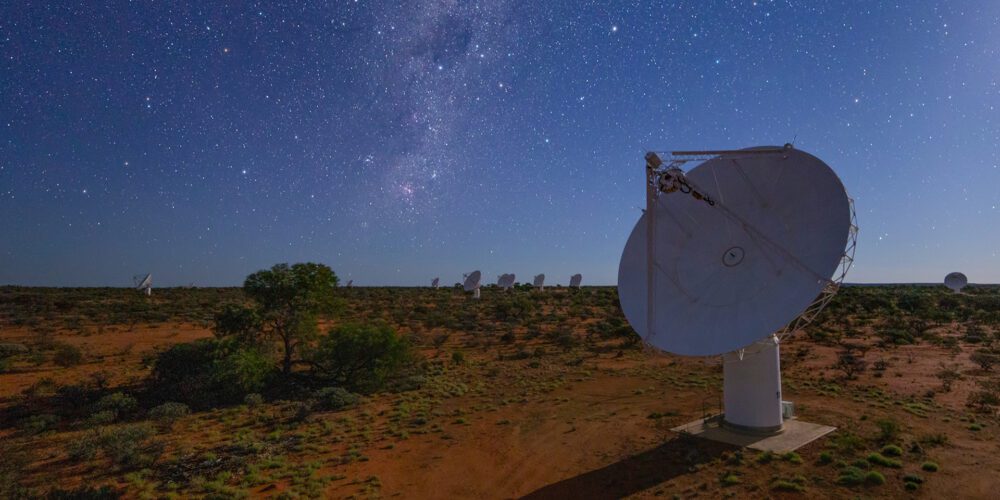As Australia strives to transition to renewable energy sources and achieve net-zero carbon emissions, Curtin is working with industry to resolve the major challenges – and seize commercial opportunities – in future energy production.
Our research into energy transition is market-driven and focused on identified industry requirements. It encompasses materials science and electrochemistry – particularly in the areas of hydrogen storage and lithium battery technologies – as well as sustainable engineering and energy economics.
Our strengths
Energy economics
Through the Bankwest Curtin Economics Centre (BCEC) our economists offer expertise in areas of energy economics, including carbon management and energy futures, rare earth markets and policy setting. In 2019, for example, the BCEC released a a research report in which they emphasised the need for WA to diversify its economy and develop emerging new sectors such as lithium.
Learn more:
Hydrogen storage
Curtin’s Hydrogen Storage Research Group is contributing to the global effort of hydrogen energy storage, with research into hydrogen storage materials for export, transport, or stationary energy storage; thermal batteries using thermochemical energy storage; and solid-state electrochemical batteries. In another major focus area, materials scientists are developing hybrid hydrocarbon-carbon fuel cells for long-life power generation.
Learn more:
Sustainable engineering
At the Sustainable Engineering Group at Curtin, researchers are geared up to help new energy industry groups develop sustainability programs, including mapping by-product synergies, waste management and lifecycle assessment. The group is currently undertaking complex systems modelling of renewable energy integration into the grid, and reporting on public policy implications.
The group recently joined the national Heavy Industry Low-carbon Transition (HILT) CRC, which is tasked with helping Australia’s heavy industry sector transition toward zero net-carbon emissions by 2050.
Learn more:
Climate change
The Curtin Institute for Energy Transition (CIET) is dedicated to combatting the most pressing challenge of our time: climate change.
The climate crisis affects every element of our lives and so the CIET champions interdisciplinary collaboration to effectively address this issue. Our Institute comprises researchers from a diverse range of backgrounds, providing the skills, knowledge and thought leadership to safely and fairly transition to a clean energy future. We offer a uniquely Western Australian perspective but connect with Curtin Global Campuses and collaborators worldwide to ideate solutions and envision a new world.
Learn more:
Critical Minerals
Efficient extraction of minerals is key to the mining industry’s future, and we’re exploring how to maximise our mineral resources towards a low-carbon tomorrow.
Curtin University has partnered with The University of Queensland and James Cook University, and over 30 company partners across Australia to boost Australia’s critical mineral industry and prevent future supply chain disruptions as part of Trailblazer.
Learn more:
Key people

John Curtin Distinguished Professor Craig Buckley
DISCIPLINES
Energy storage, Hydrogen, Materials science, Physics, Thermodynamics, Xray scattering.

John Curtin Distinguished Professor Zongping Shao
DISCIPLINES
Chemical engineering, Electrochemistry, Energy and resources, Material science.

Professor Jacques Eksteen
DISCIPLINES
Chemical engineering, Extractive metallurgy, Hydrometallurgy, Mineral processing, Pyrometallurgy, Waste processing.

Professor Peta Ashworth OAM
DISCIPLINES
Climate Change, Sustainable Development and Sustainability, Environmental Policy, Renewable Energy, Energy Efficiency, Social Sciences






